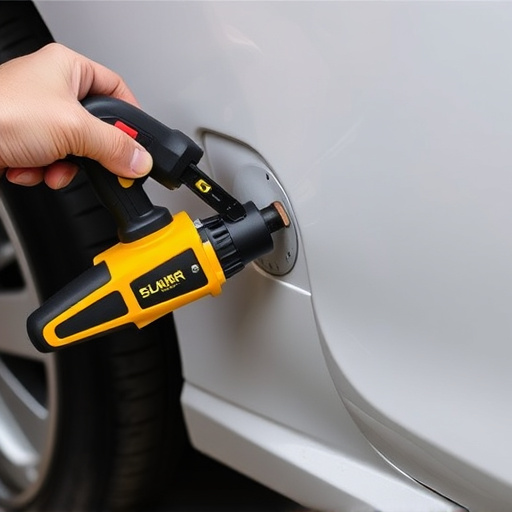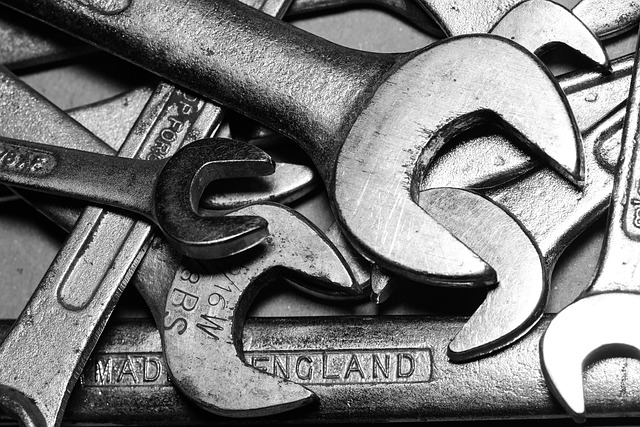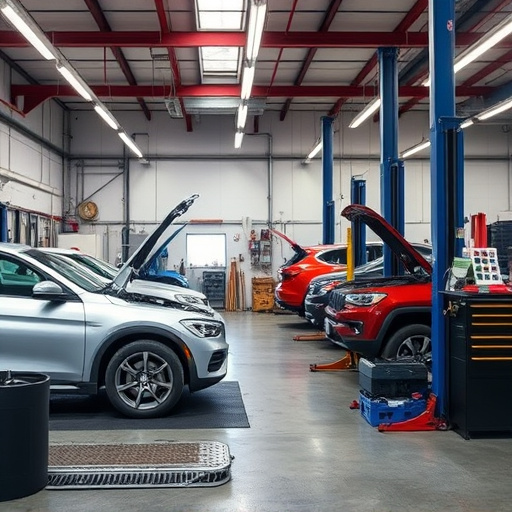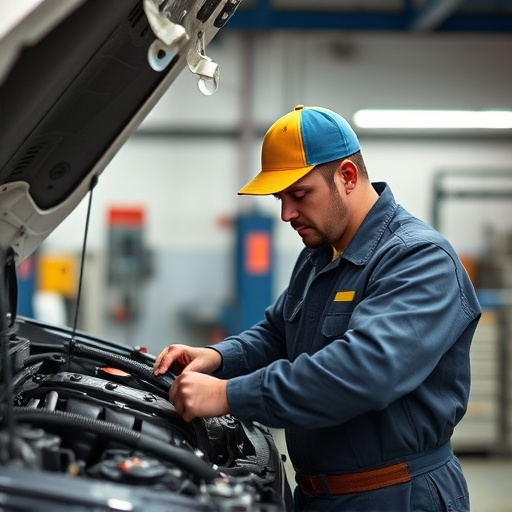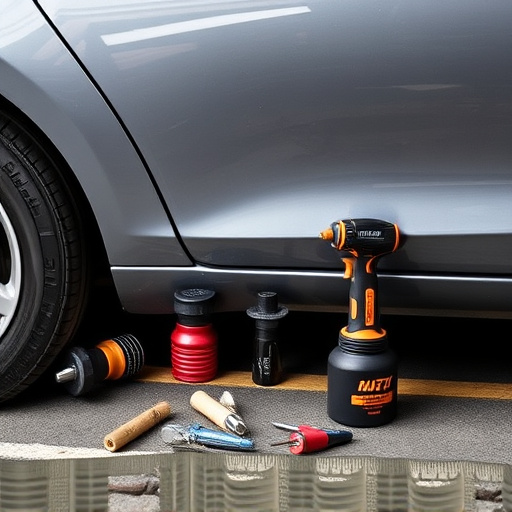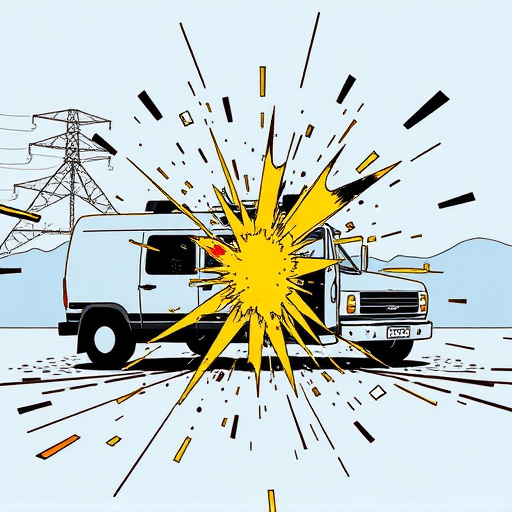Delay concerns in collision repair stem from high volumes of damaged vehicles, complex repairs, and limited resources, leading to backlogs and disrupting operations. Effective strategies include robust communication, digital tools for streamlining processes, prioritizing urgent and severe repairs, and clear turnaround time estimates to build trust and ensure timely car restoration.
In the fast-paced world of auto repair, delay concerns collision repair can significantly impact shop scheduling and customer satisfaction. This article delves into the intricacies of understanding and managing these delays, offering a comprehensive guide for auto body shops. We explore the impact of delays on shop operations, from increased costs to decreased productivity. Furthermore, we provide actionable strategies to mitigate these disruptions, ensuring smoother workflows and happier clients. By addressing delay concerns collision repair, shops can optimize their schedules and maintain high standards of service.
- Understanding Delay Concerns in Collision Repair
- Impact of Delays on Auto Body Shop Scheduling
- Strategies to Mitigate Collision Repair Schedule Disruptions
Understanding Delay Concerns in Collision Repair

Delay concerns in collision repair are multifaceted, stemming from various factors that can significantly impact the efficiency and effectiveness of vehicle restoration. One of the primary challenges is coordinating the influx of damaged vehicles, especially during peak accident seasons or after major road incidents. Car body shops often grapple with backlogs as they strive to balance customer expectations with available resources.
Another crucial aspect is the complexity and time required for specific repairs, particularly in cases involving intricate car body work, paint jobs, or specialized parts. Vehicle repair services must account for these delays when scheduling appointments, ensuring that customers are informed about potential turnaround times. Effective communication and transparent practices help build trust between car repair shops and their clients.
Impact of Delays on Auto Body Shop Scheduling

The impact of delays in collision repair can significantly disrupt the scheduling and operations within an automotive body shop. When a vehicle arrives for repairs, every minute counts to ensure efficient workflow. Delays, often due to parts availability or complex damage assessment, can pile up, causing a domino effect on subsequent tasks. This can result in longer wait times for customers and staff having to juggle multiple projects simultaneously, leading to potential mistakes and reduced overall productivity.
Frame straightening, a crucial step in car restoration, is particularly sensitive to these delays. The process requires precise measurements and specialized equipment, often booked in advance within the shop’s schedule. A delay at any stage can lead to rescheduling, causing backlogs and impacting the availability of resources needed for frame straightening. Efficient collision repair scheduling heavily relies on minimizing such interruptions to ensure timely car restoration and maintain customer satisfaction.
Strategies to Mitigate Collision Repair Schedule Disruptions

In the face of delay concerns related to collision repair, several effective strategies can help mitigate disruptions in repair scheduling. One key approach is mercedes benz collision repair facilities and other providers implementing robust communication systems. Proactive updates to customers about expected delays can reduce no-shows and free up resources for more urgent cases. Additionally, streamlining internal processes through digital tools and automation can expedite repairs, minimizing wait times.
Another strategy involves prioritizing repairs based on urgency and severity. Car dent repair, while important, may not always require immediate attention compared to more complex structural damages. Efficient scheduling algorithms can allocate resources accordingly, ensuring that critical repairs are addressed first without compromising the quality of collision repair services. This balanced approach maximizes productivity and minimizes the overall impact of delays on scheduled repairs.
Delay concerns in collision repair significantly impact auto body shop scheduling, leading to inefficient workflows and dissatisfied customers. By understanding the root causes of these delays and implementing effective strategies to mitigate them, shops can streamline their operations and enhance overall schedule accuracy. Prioritizing efficient processes, improving communication, and adopting innovative technologies are key steps towards minimizing disruption and ensuring a smoother repair experience for all.


